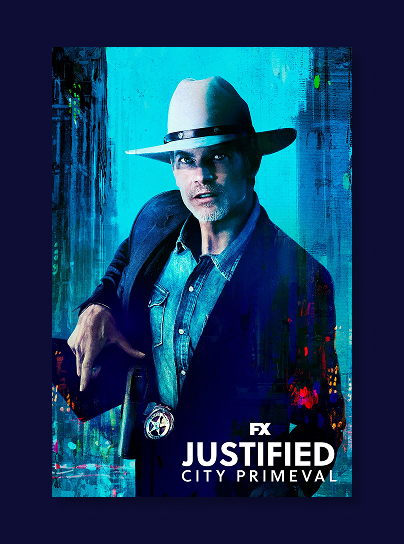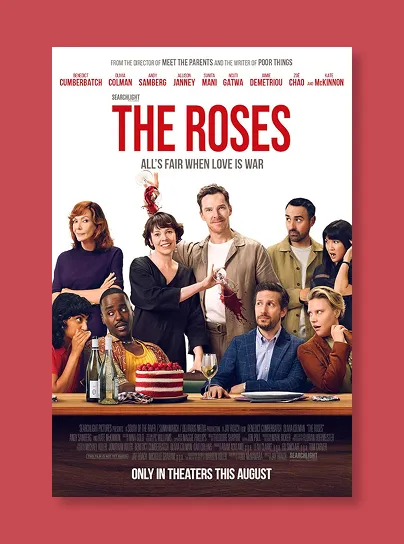
Adolescence
Prescient, this 4-episode series comes at a time when it is sorely needed. It explores the way Instagram deeply affects the brains of young people, toxic masculinity, the incel culture, the power of the language of emojis (which is unknown to most adults), and how difficult it is to be a parent or teacher in today’s world.
Stephen Graham, who plays the father in this, said that he and his wife and professional partner, Hannah Walters, were looking for subject matter to apply to the storytelling technique of a single take after their experience with Boiling Point, a 2021 film they were involved in that uses the same technique.
It is extremely effective here. The lack of cutting and editing ensures that we ride in cars for several minutes, watch a couple cry together, and just generally sit inside the feelings of the scene. These days, with editing becoming increasingly slick, the viewer is normally carried swiftly along the plot. We’re not able to feel deeply uncomfortable or mull over what is happening. But, in this, the intensity is greatly increased because we are “in it” for the entire hour episode.
Here is information that was provided by Netflix UK & Ireland as to which shot they used for the series and on which day it was shot. They allocated 5 days and roughly 10 shots for each episode.
Ep1 : take 2, shot on day 1 of 5
Ep2 : take 13, shot on day 5 of 5
Ep3 : take 11, shot on day 5 of 5
Ep4: take 16, shot on day 5 of 5
The takes were sometimes cut short to accommodate a missed line or a misstep by an extra or one of the two cameramen. Once you've seen this show, the knowledge that they did so many takes just boggles the mind.
The second episode, the one that uses 370 extras and shows the state of schools today, is shocking. The mobile phone and mob mentality have become the new authorities. I’m not an advocate for hitting kids (unless they’re small and need a tap on the butt to wake them up), but it’s easy to see how the loss of a certain amount of respectful fear of the teacher has eroded the entire structure of learning. Order in the classroom seems impossible to instill. And if that is true, how can kids learn anything? I wonder if the chaos we were shown in that episode is ubiquitous in schools these days.
The third episode, excellently held down by Erin Doughtery (who worked with Stephen in A Thousand Blows), is super intense as we move through a range of emotions and gain a greater understanding into the various pressures the teenager was under that directly or indirectly influenced his decision. The fact that we experience this entire meeting forces us to feel things, to consider how the child was not supported or protected, and question which aspects of his personality are due to his nature or what he was exposed to. This episode included a lot of improvised lines and I was left wondering if the hot chocolate and the sandwich have a deeper meaning.
I like how the ending is inconclusive. Will there be any changes in that family dynamic? In the final scene, was the father crying for his lost son or for the mistakes that he made in parenting his kid? Will the structure and limited choices of the child’s new life allow him to ultimately find himself and grow out of the junk ideas that were given to him through social media?
Stephen Graham has said that he’s against the idea of a second season but the other producers are warming up to it because of the popularity of the first season.
It's such a huge hit in the UK that Keir Starmer's government has made a deal with Netflix to stream the show into the classes of middle schools across the country, so that as many teens as possible can watch it.
Stephen Graham and Hannah Walters are revolutionizing TV and film. They are merging the immediacy of the theater with camera techniques used for the screen, thereby changing screen media forever.
My only critique about this is that it might be too subtle for some people.



